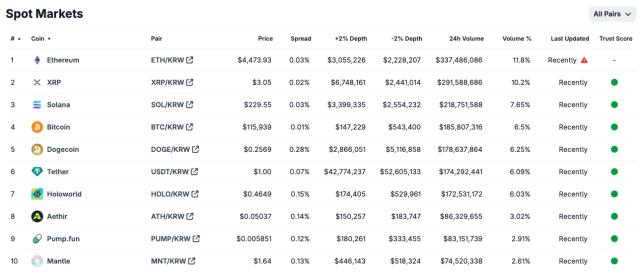Index
ToggleDigital assets are becoming one of the hottest fields in Vietnam, especially when the Ministry of Finance released a draft amendment to the Personal Income Tax Law (PIT), adding a regulation to collect a tax of 0.1% on the value of each transfer of digital assets. However, this viewpoint is facing many opposing opinions from experts.
Mr. Nguyen Van Duoc , member of the Executive Committee of the Vietnam Tax Consultants Association (VTCA), said that imposing securities-like tax on digital assets is not appropriate. According to him, the nature of digital assets is property rights under Article 115 of the 2015 Civil Code, similar to vehicle license plates, property lease rights or property use rights. Therefore, tax treatment should also be based on this nature instead of "assigning" according to the securities model.
Why is it necessary to change the way digital assets are taxed?
According to analysis, currently digital assets are subject to 10% VAT when traded, while securities or Capital contributions are not subject to this tax. This shows an imbalance and can distort the market if the policy continues to be applied mechanically.
Mr. Duoc cited an example: when transferring a license plate , domain name or property lease , the transferor must pay personal income tax at two rates - 2% for business households, or 5% on income exceeding 20 million VND. Therefore, he proposed a more reasonable tax rate for digital assets should fall within the 2% - 5% range.
In addition, he also emphasized that tax collection should be based on actual income instead of just on transaction value. Because the digital asset market is volatile, high risk, many investors have suffered heavy losses but still have to pay taxes if applied according to the current method.
Two options for taxing digital asset transfers
Mr. Nguyen Van Duoc proposed two specific options:
Option 1: Apply a tax rate of 2% on the total transfer value, or 5% on the excess of 20 million VND. This method is similar to that applied to license plates or domain names, easy to implement and suitable for Vietnam's reality.
Option 2: Tax based on net income (revenue minus expenses), at a rate of 17% or 20%, similar to business households declaring tax or transferring Capital.
However, according to him, option 1 is more feasible because digital asset transactions are quite similar to securities, easier to manage and more transparent for tax authorities.
Experience from international
In many developed countries such as the US, UK, Germany, Austria, Switzerland and Japan, investors are not taxed on the entire transfer value but only on the actual profit. For example:
The US imposes a tax of 10% – 37% on short-term investments and 0% – 20% on long-term investments.
He has a base rate of 18% and increases to 24% with the higher rate.
Germany and Austria impose tariffs of around 27.5%.
This shows that the international trend is often towards taxing net profits , instead of directly taxing transaction values as Vietnam is applying.
Source: Proposal to collect 2-5% tax on digital asset transfers








